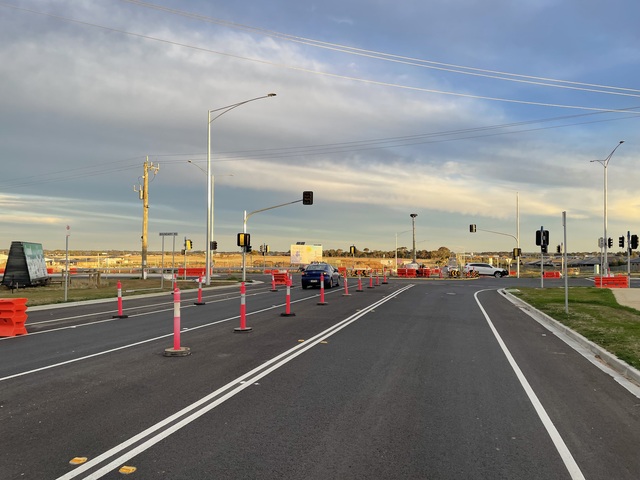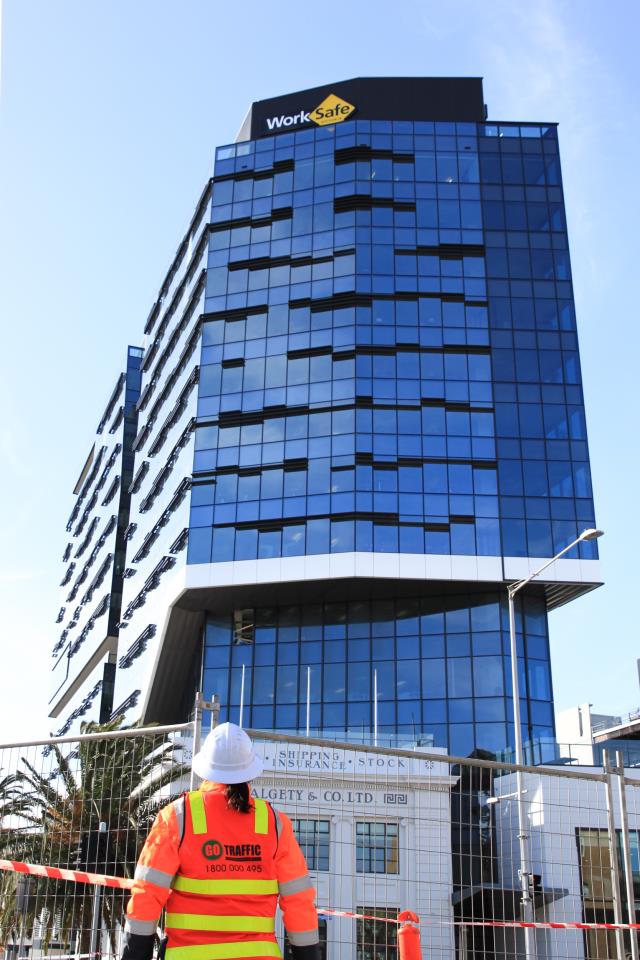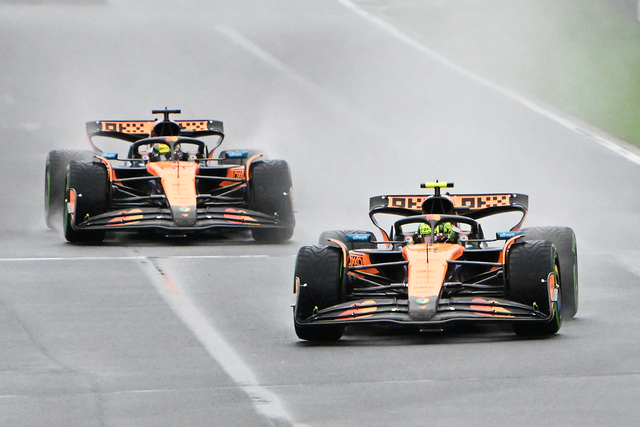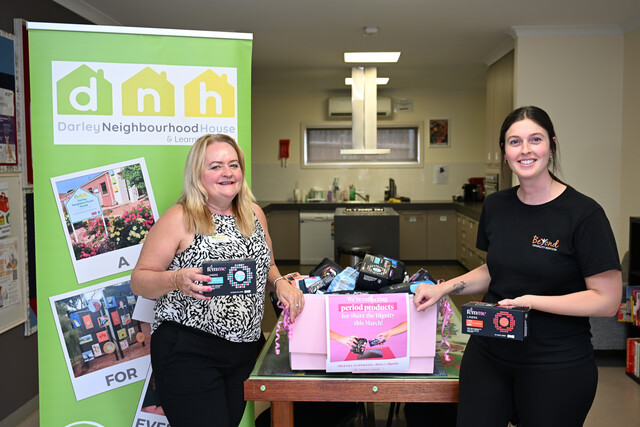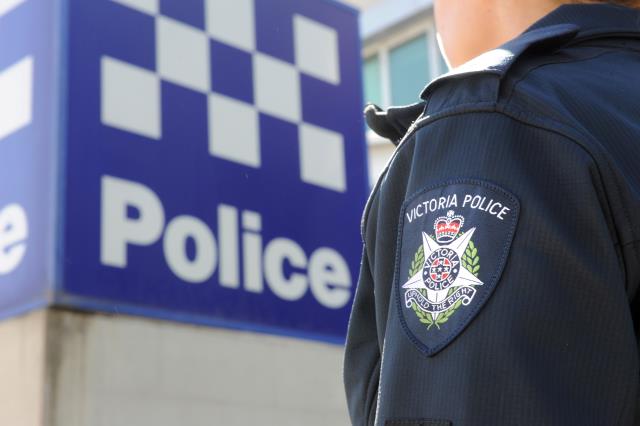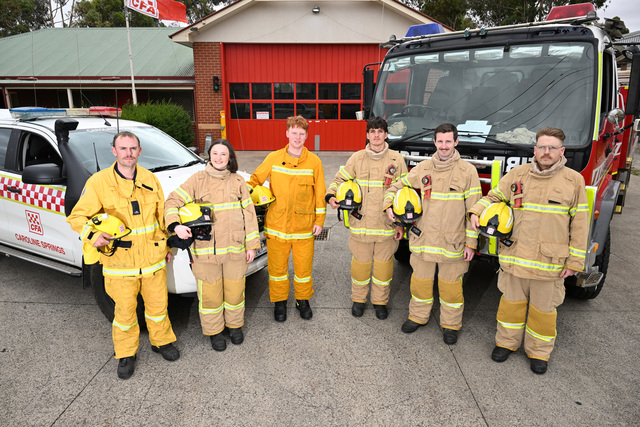The state government is calling on Victorians, including those in Melton and Moorabool, to make sure their cancer screenings checks are up to date in a major push to boost screening rates for breast, bowel and cervical cancers.
Health Minister Mary-Anne Thomas today released the inaugural 2022 Victorian Cancer Screening Annual Statistical Report, a report that is the first of its kind in Australia.
“Victoria has some of the best cancer outcomes globally, but we know more can be done – prevention and early detection are the best ways to minimise the risk of cancer,” she said.
“We urge all Victorians to undertake regular cancer screening and see a doctor as soon as any symptoms develop for the best chance of survival.”
Data from the report shows more Victorians need to be getting screened – particularly in regional Victoria and areas of economic disadvantage.
Using data from the National Bowel Cancer Screening Program, BreastScreen Victoria and the National Cervical Screening Program in Victoria, the report found just 50 per cent of the eligible population aged 50 to 74 participated in breast screening in 2020 to 2022, however, the overall participation rate improved by 4.2 per cent compared to 2019 to 2021.
In 2022 there was an 11 per cent decrease in completed bowel screening tests compared to 2021 and 79 per cent of eligible Victorians aged 25 to 74 had a cervical screening test in 2018 to 2022.
The report was developed in collaboration with the Australian Centre for the Prevention of Cervical Cancer and Victorian Aboriginal Community Controlled Health Organisations under the Victorian Cancer Screening Framework – to help health experts better understand where to focus efforts to increase screenings.
This work will also inform the development of the state government’s Victorian Cancer Plan 2024 to 2028 which identifies ways to prevent cancer, increase survival, improve cancer treatment and care, and achieve equitable outcomes for all Victorians.
Since 2014, the state government has made significant investments in cancer research, including $37.5 million in the Victorian Budget 2022-23 to support those who may have missed or delayed their cancer services during the pandemic.
Funding is also supporting cancer screening and treatment across a wide range of communities, including breast screening services at VACCHOs, targeted primary care support in under-screened areas, and in-language engagement with culturally and linguistically diverse communities.
Details: report.acpcc.org.au.



